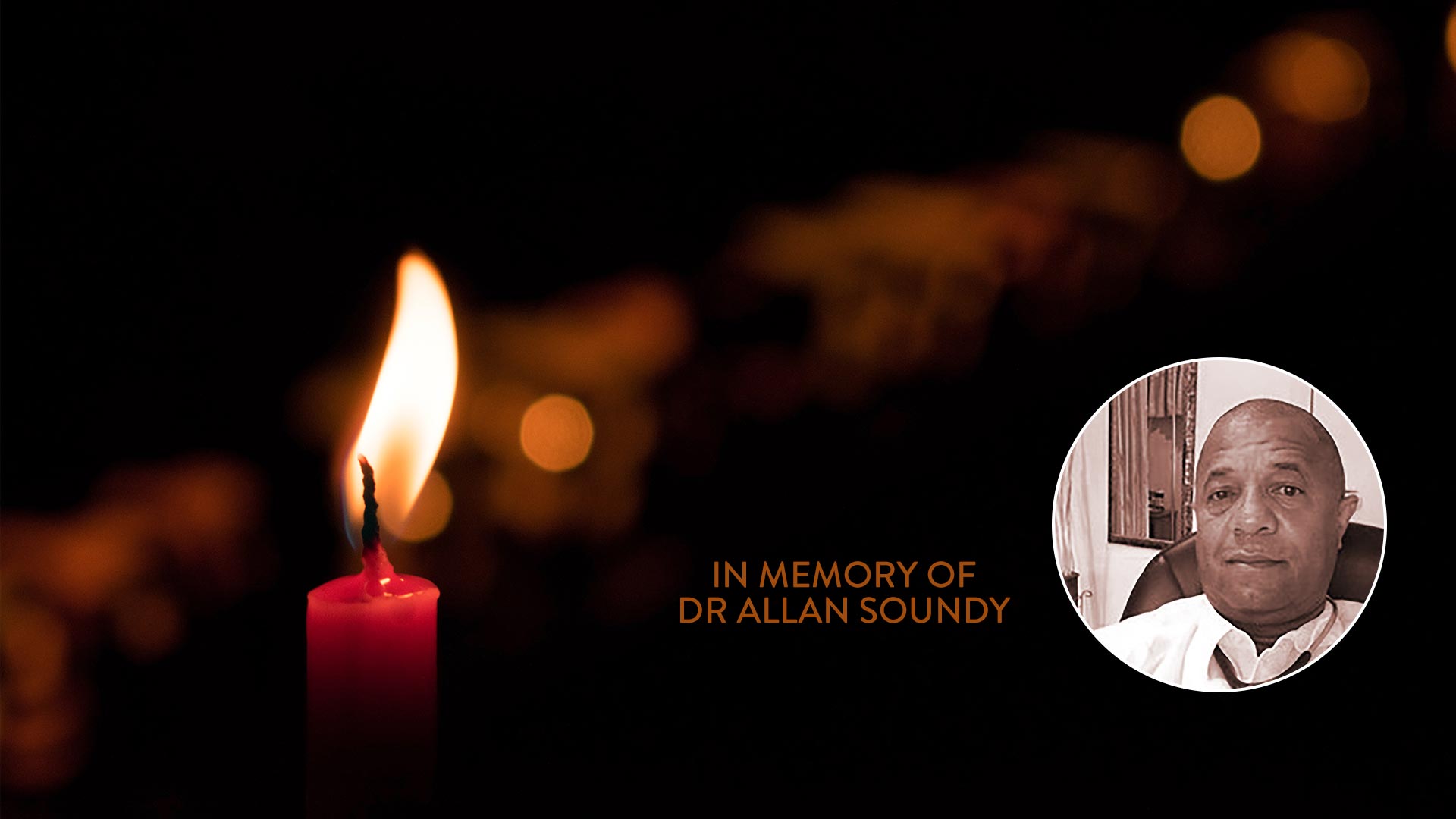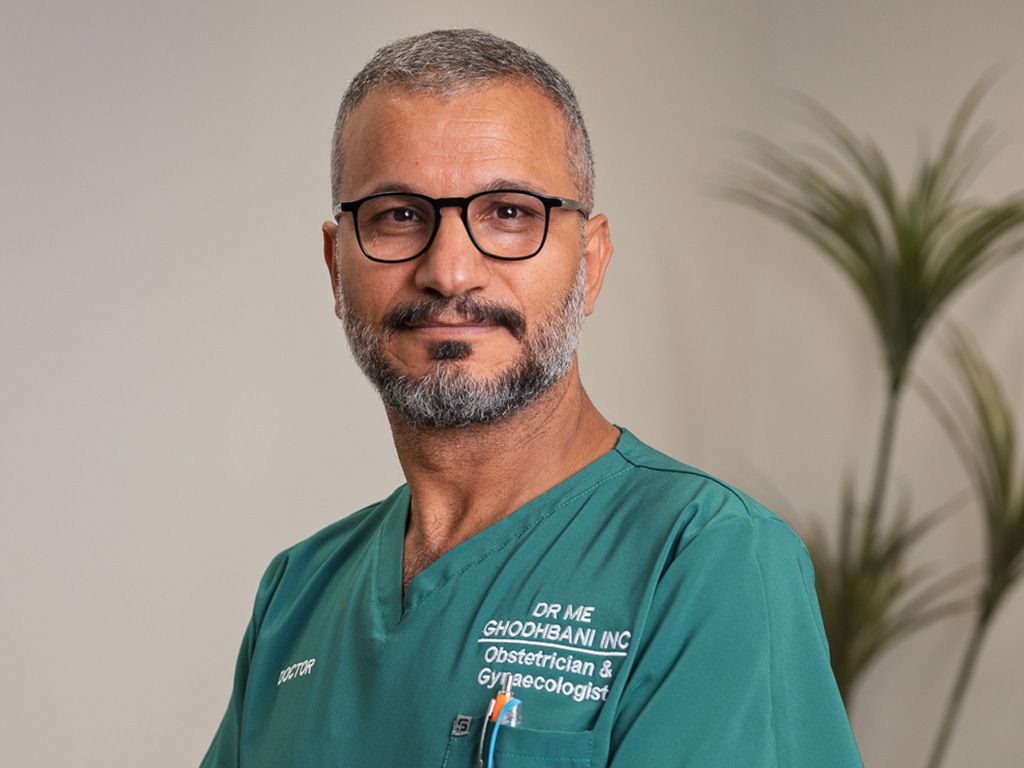Tribute to a stalwart of Ga-Rankuwa’s medical community
Paragon of patient centered care, Dr Allan Soundy fondly remembered
The dedication, warmth and professionalism of the late Dr Allan Soundy, a general practitioner and friend to many in Ga-Rankuwa and the wider South African medical community, will be fondly remembered by those who knew him.
“On 21 July, we got the sad news that Allan had passed on. He will be sorely missed by family, friends and colleagues. The community of Ga-Rankuwa have expressed their sorrow at his death – he was a hardworking, caring doctor who was always there for them,” says Dr Peter Makhambeni, chief clinician of the National HealthCare Group network.
Before his time with the National HealthCare GP network, Dr Soundy studied medicine at the Medical University of Southern Africa (MEDUNSA), qualifying in 1985.
“My first contact with Allan was in the 1980s when he came to consult at the Campus Health Service at MEDUNSA, now called the Sefako Makgatho University. I was then the Director of the Campus Health Service and Allan was a second-year medical student. Little did I know then that our paths would cross many times in the years to come,” Dr Makhambeni recalls.
Dr Reinder Nauta, executive chairman of National HealthCare, expressed the Group’s condolences to Dr Soundy’s family and loved ones on their loss. “We offer our deepest sympathies to his family and those closest to him. They are in our thoughts and prayers at this most difficult time.”
“Colleagues and patients alike deeply appreciated and respected Dr Soundy. He will be remembered for his warmth and humour, as well as for his dedication to the health and wellbeing of his patients. He has been described as ‘a classic, caring family physician’, one of the many general practitioners who protect the health of South Africa’s communities and workforce,” Dr Nauta says.
Patrick Lubbe, chief executive officer of the National HealthCare Group adds that Dr Soundy was one of the first doctors to join the Enablemed Network in 1995. “Dr Allan Soundy was a family physician in the true sense who placed family above all else.”
“As a close-knit healthcare community, we are deeply saddened by the loss of a valued colleague. Our hearts go out to his family and loved ones to whom we offer our unconditional support at this very difficult time.”
“A consummate professional, Dr Soundy dedicated his life to serving and caring for humankind. He will be remembered by all at National HealthCare for his dedication to his patients, professionalism, commitment to quality patient care, excellent skills and clinical knowledge.”
Dr Makhambeni says Dr Soundy was well liked by all his patients. “He was what I call an ‘old style’ GP who practised patient-centred care, which we taught medical students at MEDUNSA during their rotation in Family Medicine.”
After completing his medical studies, Dr Soundy took over Dr Makhambeni’s practice in the TEBA Building in Zone 16 Ga-Rankuwa. The pair grew closer as they met many times over the years, often through primary healthcare networks. “He would sometimes accompany me when I went to visit network doctors in the remote areas of Limpopo and Mpumalanga, and I used to enjoy his company on those long journeys,” he remembers.
“He was always jolly and had a loud laugh that you could hear from a distance. He was well loved by all those who knew him. He was the perfect gentleman, courteous and affable. Allan was very health conscious. He exercised regularly and was a jogger of note, taking part in many races and fun walks. He was very fit,” he recalls.
“I was one of the first to be informed when, one day as he was running, he was knocked down by a careless driver of a motor vehicle, fracturing his leg in the process. The amazing part was that when he related the incident to me, he laughed as he described how he ‘flew through the air’ after the impact. He was that kind of guy who still saw the funny side of a very serious situation.”
“Dr Soundy’s legacy of health and caring will live on in the many thousands of patients who benefitted from his care throughout his career. He will be sorely missed, and we will continue to uphold the same high standards in quality primary healthcare services that he represented as a paragon of patient-centred care,” Dr Nauta concludes.













